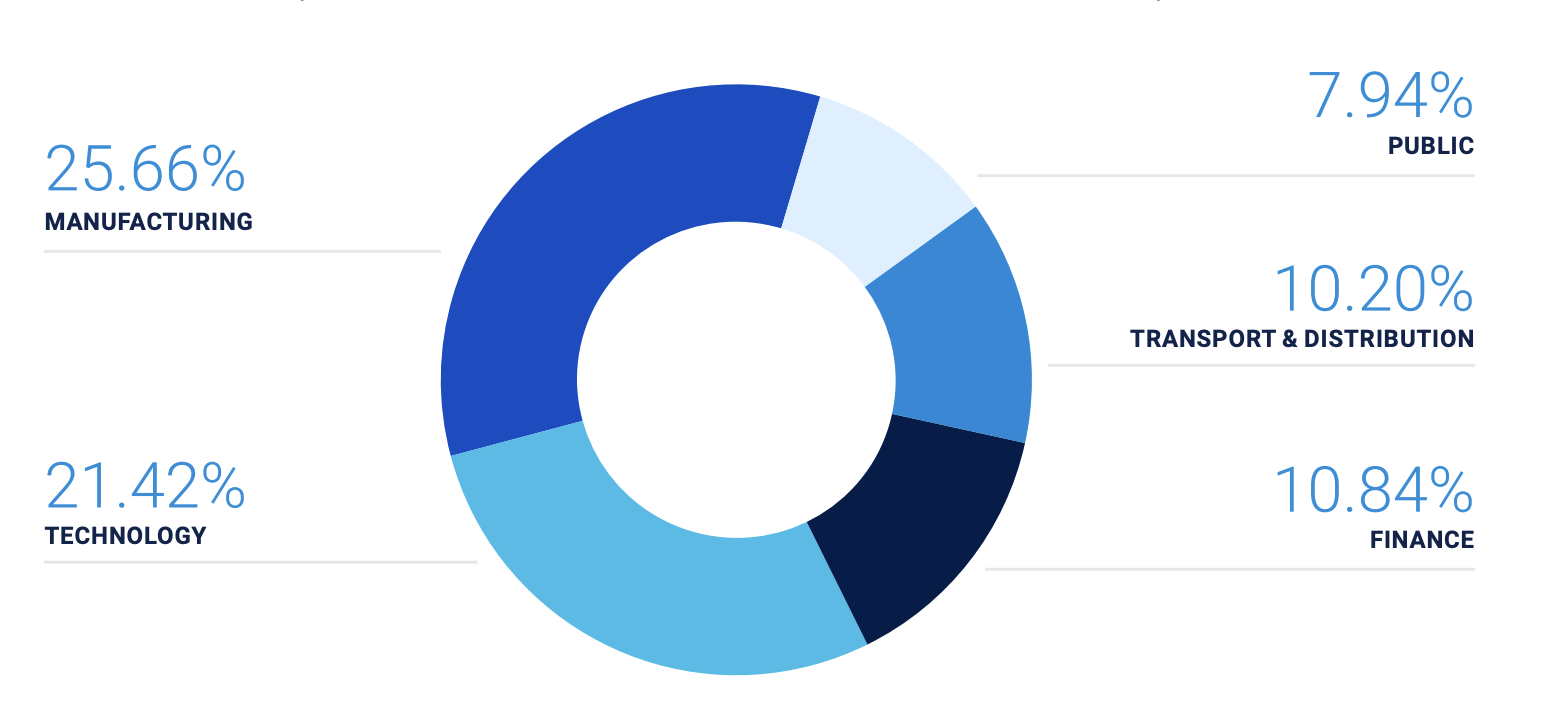
Report says cases will continue to go up due to developing technologies

Ransomware and extortion incidents went up by 67% in 2023, according to a new report, which predicted that cases will further soar this year.
The 2024 Global Threat Intelligence Report from NTT Security Holdings revealed that more than 5,000 ransomware victims were detected or posted across multiple social channels in 2023.
This is a significant increase after a "down year" in 2022, where approximately 3,000 were reported, according to the study.
Jeremy Nichols, NTT Security Holdings' Global Threat Intelligence Centre director, said the report highlighted the growing impact of cyberthreats across people's lives.
"We expect this to soar in 2024 as threat actors create more sophisticated attacks using artificial intelligence to exploit growing attack surfaces and take advantage of limited cyber budgets and staff shortages," Nichols said in a statement.
According to the report, the manufacturing sector is the top attacked sector after making up 25.66% of all attacks in 2023.

Source: 2024 Global Threat Intelligence Report
The manufacturing sector also emerged as the industry with the highest number of ransomware victims posted on social channels with 27.75%. This is followed by tech sector (10.78%), finance sector (10.44%), and then the retail sector (10.36%), according to the report.
By nation, the United States reported the highest number of ransomware victims posted on social channels with 45.45%.

Source: 2024 Global Threat Intelligence Report
The report underscored that humans continue to be the "weakest link in the cybersecurity chain."
NTT Security found that the hybrid cloud environments, bring your own device practice, and third-party integrations have expanded the attack surface for most organisations.
In addition, there are risks to the "dismissive" attitudes of non-technical users over security, according to the report, which noted that these users tend to have weak or reused passwords across multiple sites. They are also "too trusting" or "click happy," which makes them vulnerable to phishing emails or websites.
Nichols underscored that organisations are "struggling to defend" against malware and ransom or extortion threats.
"The predictions and recommendations in our report offer business and technical leaders a roadmap to make quicker and informed decisions to improve their security posture as these threats exponentially escalate," Nichols said.